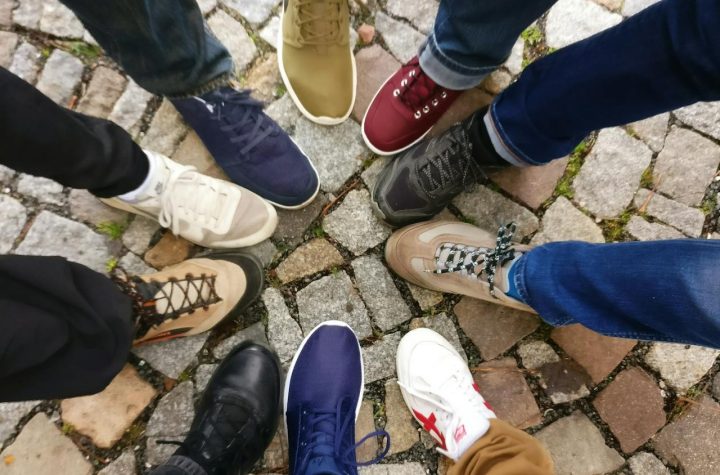
Grooming often implies care and affection, but in relationships where manipulation is involved, it takes on a much darker meaning. Its impact can extend to a victim’s physical health and result in weight changes.
Understanding the link between grooming and weight loss involves exploring its psychological effects and how these influence eating habits and body image. This article will explore how grooming affects victims beyond emotional scars, extending to their physical well-being.
Understanding the Impact of Grooming on Victims
Grooming often starts subtly, with the perpetrator building trust and emotional bonds that can isolate victims from their support systems. This manipulation makes it difficult for victims to recognize their situation as harmful.
Feelings of shame and guilt can lead to an internal conflict, causing victims to question their self-worth. Over time, this negative self-perception can deepen.
Grooming’s psychological effects often strain relationships, leading to social withdrawal and mental health challenges like anxiety and depression. Such emotional distress can result in low energy levels and poor daily functioning, further affecting physical health.
Changes in appetite or eating habits may occur as victims overeat for comfort or lose interest in food. This highlights the need for greater awareness of grooming’s impact beyond immediate trauma responses.
Psychological Effects of Grooming Techniques
Grooming tactics involve manipulation and emotional coercion, leaving deep psychological scars. Victims may question their self-worth and reality.
Confusion is common as groomers create a false sense of safety that shifts to fear or anxiety. This cognitive dissonance can lead to insecurity and distress.
Trust issues arise, making it difficult for victims to believe others, which can result in isolation. Shame and guilt are also common, with victims blaming themselves for the situation, contributing to mental health challenges like depression.
Victims often experience emotional dysregulation, struggling with anger management, mood swings, and feelings of hopelessness. These effects require time and professional support for healing.
Investigating the Relationship Between Grooming and Weight Loss
The relationship between grooming and weight loss is complex. Grooming often diminishes a victim’s self-worth, triggering unhealthy coping mechanisms, including disordered eating.
Victims might feel pressured to change their appearance, restricting calories or exercising excessively to meet perceived expectations from the groomer. These actions can lead to significant weight loss.
Stress from grooming can affect metabolism and appetite regulation, causing unintentional weight loss. Stressful situations trigger the body’s fight-or-flight response, which can suppress hunger.
Victims may withdraw from social situations involving food, impacting mental health and reducing opportunities for balanced nutrition. As social support dwindles, so does access to healthy eating habits.
Understanding these connections reveals how grooming affects individuals’ lives, with weight loss being a visible aspect of that struggle.
Unveiling the Potential Link between Grooming and Weight Changes
Grooming victims may experience significant shifts in their mental state, impacting physical health. Weight loss can occur due to factors related to the psychological impact of grooming.
Manipulation and control often lead to anxiety or depression, resulting in disordered eating habits. Stress and trauma can manifest physically, including unintended weight loss.
Victims may seek validation through unhealthy lifestyle choices to gain approval from groomers or peers, exacerbating feelings of inadequacy and contributing to weight fluctuations.
Societal pressures about body image also play a role, with victims internalizing harmful messages about appearance and pursuing extreme dieting or exercising behaviors.
Addressing both emotional healing and physical well-being is crucial for victims. Recognizing potential weight changes opens up pathways for comprehensive support systems that cater to immediate recovery and long-term health outcomes.

I’m an enthusiast of digital finance and online entertainment, with extensive experience in the worlds of cryptocurrency, sports betting, and casino gaming. My mission is to provide readers with reliable information to help them make informed decisions in the realm of online gambling and digital investments. On this blog, I share the latest trends, platform reviews, and tips for safe and responsible gaming.




More Stories
How to Calculate Your Weight Loss Percentage
What is the best injection for weight loss at home?
How Quickly Does Semaglutide Aid Weight Loss?